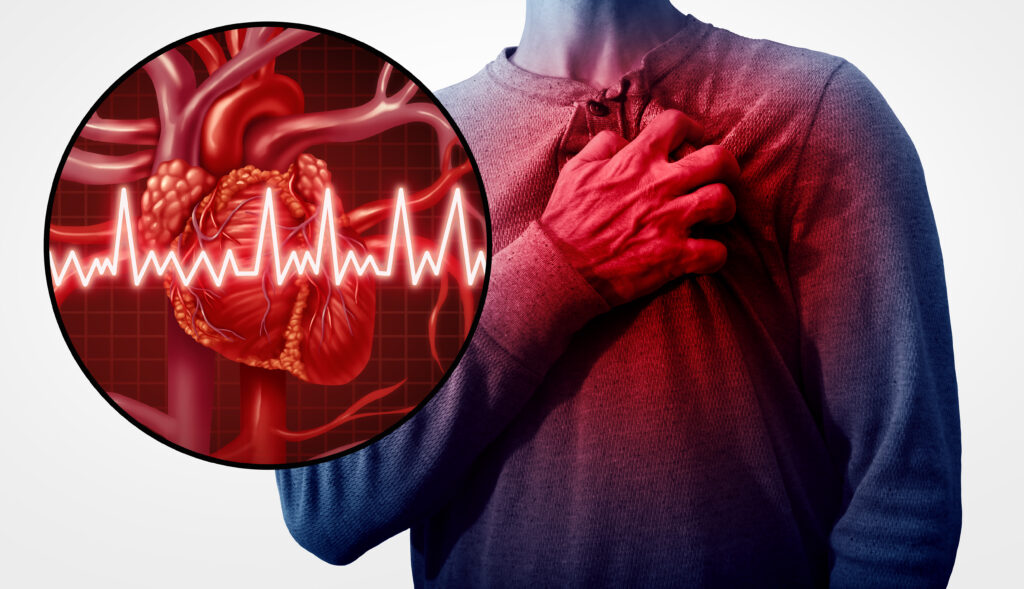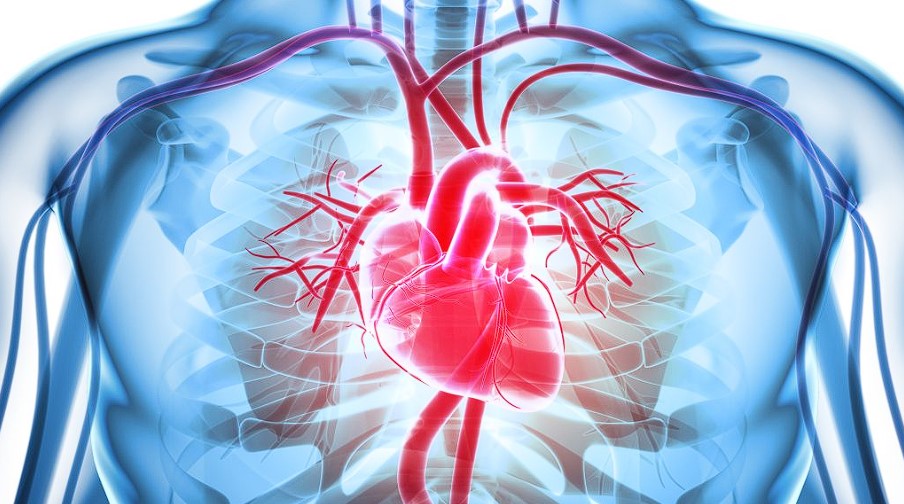What is Heart Failure?
Heart failure, also known as congestive heart failure, is a chronic condition in which the heart cannot pump enough blood to meet the body’s needs. Despite the name, it doesn’t mean the heart has stopped working entirely; rather, it’s working less efficiently.
This condition can develop due to various underlying health issues, such as coronary artery disease, high blood pressure, or diabetes. According to the American Heart Association, over 6 million Americans are living with heart failure today, making it a significant public health concern.
Types of Heart Failure
1. Left-Sided Heart Failure
This is the most common type. It can further be categorized into:
- Systolic Heart Failure: The left ventricle loses its ability to contract normally.
- Diastolic Heart Failure: The left ventricle becomes stiff and doesn’t fill properly.
2. Right-Sided Heart Failure
This often results from left-sided failure. When the left side fails, fluid backs up into the lungs, which causes the right side to work harder.
3. Congestive Heart Failure
This term refers to the stage in which fluid builds up around the heart and causes it to pump inefficiently.
Common Causes of Heart Failure
Heart failure doesn’t just appear overnight. It usually results from other conditions that damage or overwork the heart muscle.
- Coronary Artery Disease (CAD): The most common cause, it restricts blood flow to the heart muscle.
- High Blood Pressure: Over time, it forces the heart to work harder than normal.
- Diabetes: High blood sugar levels can damage blood vessels and heart tissues.
- Myocarditis: An inflammation of the heart muscle, often caused by a virus.
- Heart Valve Conditions: Faulty valves can make the heart work harder.
Recognizing Heart Failure Symptoms
Symptoms may range from mild to severe and can appear suddenly or gradually. Recognizing early signs can save lives.
Primary Symptoms
- Shortness of breath during activity or when lying down
- Fatigue and weakness
- Swelling (edema) in legs, ankles, and feet
- Rapid or irregular heartbeat
- Persistent cough or wheezing with white or pink blood-tinged phlegm
- Increased need to urinate at night
Advanced Signs
- Rapid weight gain from fluid retention
- Lack of appetite and nausea
- Difficulty concentrating or decreased alertness
- Chest pain (if caused by a heart attack)
Diagnosis: How is Heart Failure Detected?
Diagnosing heart failure involves a combination of medical history, physical exams, and diagnostic tests.
- Physical Examination: A doctor checks for signs like leg swelling and abnormal heart sounds.
- Echocardiogram: Uses ultrasound to assess the heart’s pumping ability.
- Electrocardiogram (ECG): Detects abnormal heart rhythms.
- Chest X-ray: Checks for fluid in the lungs.
- Blood Tests: Measure substances like BNP (B-type natriuretic peptide) that increase during heart failure.
Treatment Options for Heart Failure
Treatment depends on the severity and underlying causes. The goal is to improve symptoms and quality of life.
1. Medications
- ACE Inhibitors & ARBs: Lower blood pressure and reduce heart strain.
- Beta-blockers: Slow the heart rate and reduce blood pressure.
- Diuretics: Help eliminate excess fluid.
- Aldosterone Antagonists: Prevent worsening heart failure.
2. Lifestyle Changes
- Low-sodium diet
- Daily weight monitoring
- Limiting fluid intake
- Quitting smoking and limiting alcohol
- Regular but manageable exercise
3. Surgical Options
- Implantable Devices: Like pacemakers or defibrillators.
- Coronary Bypass Surgery or Valve Repair
- Heart Transplant: In severe cases where other treatments fail
Can Heart Failure Be Prevented?

Absolutely. Prevention is all about managing risk factors and making heart-healthy choices.
Practical Tips
- Control high blood pressure and cholesterol
- Stay active (30 minutes/day recommended)
- Maintain a healthy weight
- Get regular medical check-ups
- Manage stress effectively
- Avoid tobacco and limit alcohol consumption
Living with Heart Failure
A heart failure diagnosis may sound scary, but with proper care, many people live fulfilling lives for years. Self-monitoring, medication adherence, and lifestyle adaptations play crucial roles.
Support Systems
- Join a heart failure support group
- Work with a multidisciplinary care team
- Involve family in your care plan
Tracking Your Progress
- Keep a symptom diary
- Track fluid intake and output
- Record weight changes daily
When to Seek Immediate Help
Heart failure can escalate quickly. Seek emergency care if you experience:
- Severe shortness of breath
- Chest pain
- Fainting or severe weakness
- Irregular heartbeat
Final Thoughts
Heart failure is a manageable but serious condition. By understanding its symptoms, causes, and treatments, individuals can take proactive steps toward better heart health. If you or a loved one is experiencing signs of heart failure, don’t delay—seek medical evaluation promptly.
For more detailed guidelines and up-to-date information, refer to: American Heart Association – Heart Failure
Disclaimer: This article is for informational purposes only and should not substitute professional medical advice. Always consult with a healthcare provider for diagnosis and treatment.

